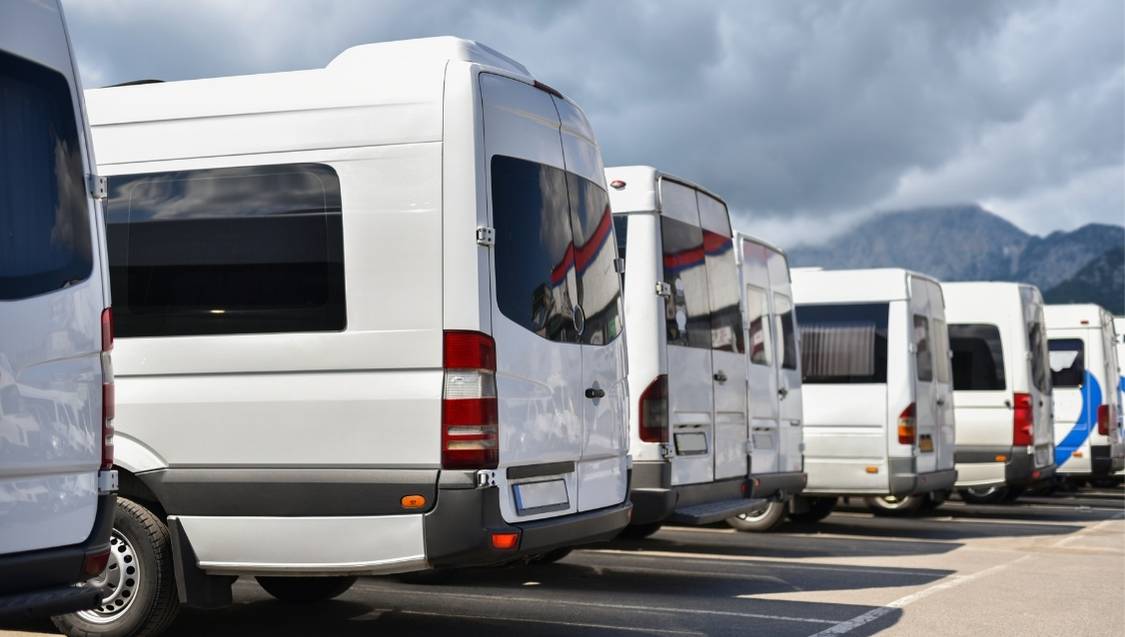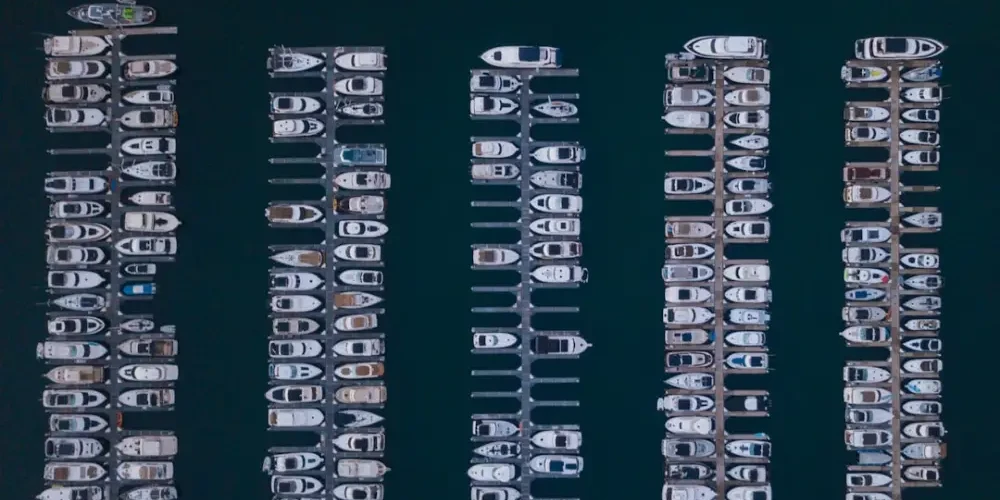Modern transportation has evolved far beyond simply moving people from point A to point B. Today’s market is driven by efficiency, sustainability, safety, and intelligent technology—meaning organisations need to be far more selective when choosing a long-term mobility partner. If you want a solution that holds up against rising operational demands and shifting regulatory expectations, you must evaluate more than just the vehicle itself. Here are the essential features that separate genuinely modern transportation solutions from outdated offerings.
1. Advanced Safety Systems
Safety is the non-negotiable foundation of any transport investment. Leading solutions now integrate a full suite of smart safety technologies, including collision mitigation, 360° camera coverage, lane-keeping support, and automated emergency braking. These systems reduce risk, strengthen compliance, and cut long-term liability. If the solution doesn’t prioritise proactive safety, it’s already behind.
2. Smart Telemetry & Fleet Intelligence
Data is the new driving force of fleet optimisation. Look for embedded telemetry systems capable of delivering real-time diagnostics, driver behaviour analytics, predictive maintenance alerts, and route efficiency insights. A transportation provider without strong digital intelligence can’t help you reduce downtime or control operational costs—period.
3. Low-Emission or Zero-Emission Options
Regulations are tightening globally, and organisations that fail to transition will pay the price. Strong transportation offerings now include hybrid, low-emission, or fully zero-emission alternatives. Beyond regulatory compliance, these options reduce fuel dependency and support corporate sustainability commitments. A modern solution must be clean, compliant, and future-proof.
4. Passenger Comfort & Accessibility
Passenger expectations have changed. Modern transportation requires a comfortable, accessible environment—wide entryways, smooth suspensions, ergonomic seating, climate control, and full ADA/accessible configurations. The result is improved customer experience, higher ridership satisfaction, and strong long-term reliability in public or private service use.
5. Optimised Size & Versatility
One size no longer fits all. Modern transport solutions should provide right-sized options—compact, mid-size, and specialty configurations—to match specific operational needs. Versatility determines whether a fleet remains adaptable as demands shift. A provider offering modular solutions gives you the scalability older models can’t match.

6. Durability & Total Cost Efficiency
A modern transportation platform must be engineered for longevity. High-strength structures, corrosion-resistant materials, and long service intervals can drastically reduce lifecycle costs. Don’t be fooled by low upfront pricing; focus instead on long-term value, fuel efficiency, maintenance predictability, and overall cost of ownership.
7. Seamless Service & Support Infrastructure
The best transportation product is only as strong as its support ecosystem. Prioritise solutions backed by nationwide service networks, quick access to parts, responsive warranty support, and knowledgeable technicians. Consistent service coverage ensures your fleet stays operational without unnecessary downtime.
8. Integration-Ready Technology
Transportation is becoming part of a broader digital ecosystem. Vehicles must be compatible with modern fleet management systems, fare collection tech, accessibility integrations, electrification infrastructure, and future software updates. Choose solutions that evolve rather than expire.
Final Thoughts
Evaluating modern transportation solutions demands a strategic, forward-looking approach. Prioritise safety, sustainability, intelligence, durability, and service infrastructure—and you’ll secure a fleet that outperforms, outlasts, and aligns with the next generation of mobility expectations. A transportation partner that delivers on these features isn’t just providing vehicles; they’re providing long-term operational confidence.




